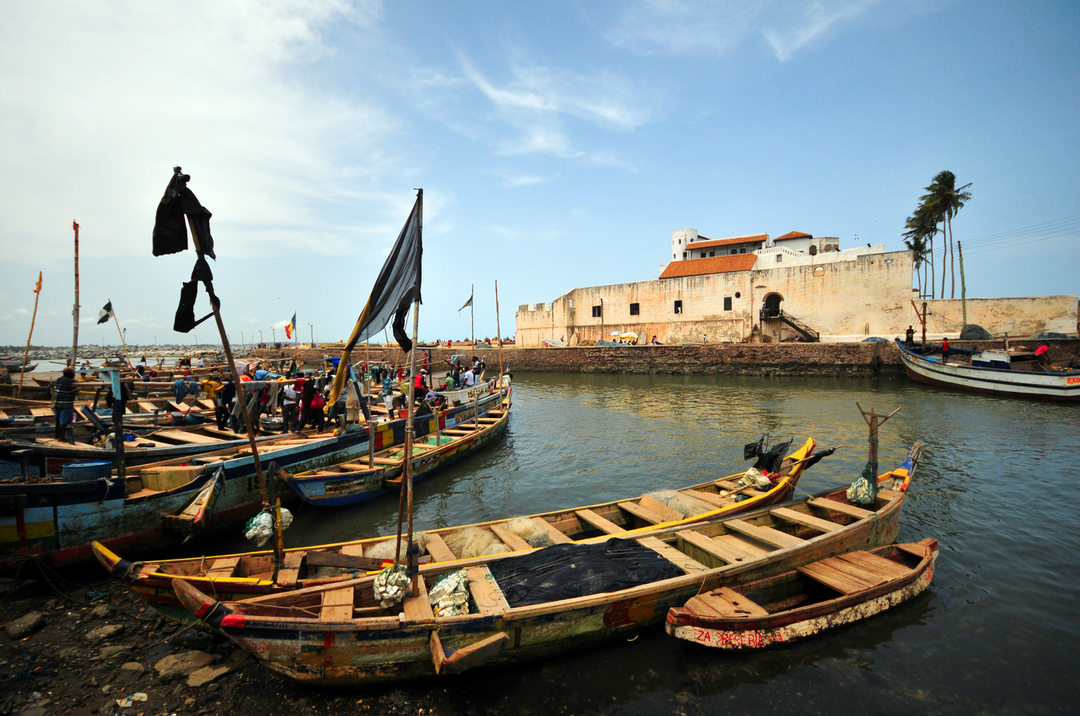Africa's coastal nations are grappling with a surge in illegal, unreported, and unregulated (IUU) fishing, piracy, and drug smuggling, transforming African waters into a hub for transnational crime, according to a report by the Institute for Security Studies (ISS).
West Africa, particularly, is a hotspot for IUU fishing, costing the region $10 billion annually, with China identified as a significant offender due to inadequate fisheries enforcement capacity and official corruption.
The Stimson Center suggests that tackling IUU fishing in West Africa requires China's involvement and a reduction in its demand for fishmeal and fish oil. In South Africa, abalone poaching is linked to the drug trade, with Chinese criminal networks smuggling abalone to Hong Kong. The ISS report highlights that piracy, once limited to Somalia, has shifted to West Africa, surpassing the Indian Ocean as the most perilous region for seafarers. Pirate attacks in the region surged in 2019, prompting concerns about livelihoods in the Niger Delta, where fishing and farming have suffered.
Moreover, West Africa has become a transit hub for narcotics, with rising drug consumption on the continent. Corruption is intertwined with the drug trade, and the ISS identifies Benin, Côte d’Ivoire, Ghana, Guinea, Guinea-Bissau, Nigeria, Senegal, and Central Africa as emerging cocaine hotspots.
The drug trade exploits the challenging-to-police waters of East Africa, including island states like Comoros, Madagascar, Mauritius, Réunion, and the Seychelles, where heroin use is alarmingly high.
Mombasa, Kenya, has emerged as a significant transit point for cocaine from Latin America and heroin from Asia destined for Europe.
The ISS report underscores the need for international cooperation and concerted efforts to address these maritime security challenges, emphasizing the importance of involving regional stakeholders, including China, in combating IUU fishing and other maritime threats in African waters.

Source: Defence Web





